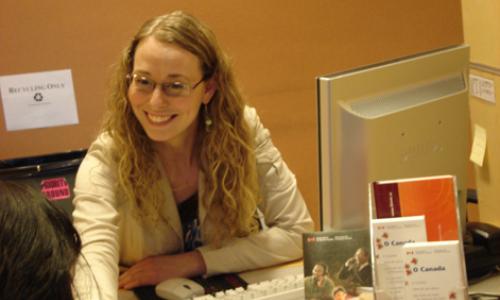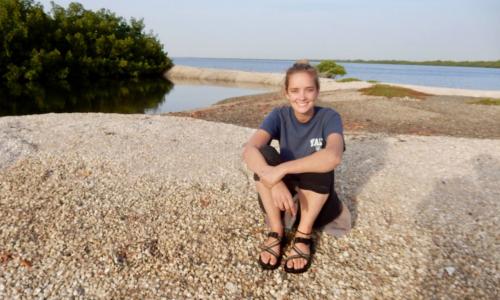
This blog post was originally published on the Student Learning Commons blog from Simon Fraser University Library on Sep 22, 2020.
Do you often find yourself staring at the screen for 10 minutes, not knowing how to start that email to your professor or TA? While everyone has their own style of writing, there are a few general rules you should keep in mind to stay professional and polite.
Subject
Remember that your professors and TAs may be teaching several classes at the same time. From that standpoint, you may be one of literally hundreds of students sending emails. Using the subject line of your email to provide your professor or TA with your context will therefore definitely help your email get seen and responded to! For example, you may write something like "BUS 101 -General Inquiry" as your subject line. It will be much more effective than writing "Student Inquiry" or "Request for Help!" You should also avoid sending professional emails with no subject line, as those are frequently ignored or deleted.
Greeting
Just like would greet a friend before telling them all about your day, you should open your email with a proper greeting before diving right into your email request or content. If your prof or TA hasn't given you specific details about what to call them, your best bet is to simply say "Hello Professor ___," or, in the case of a TA, "Hello ______ [first name is fine]".
Avoid using slang and friendly language such as "Hey" or "What's up Prof".
Main Body
You may want to start off by introducing yourself and addressing the main reason why you are emailing. After that, dive into what you want to say and make sure to be clear on what kind of questions you have or how you would like help. Consider whether you might be asking a common question such as those about office hours, deadlines, or reading schedules. If you are asking such common questions, double-check SFU Canvas or the syllabus first, as you can usually find the answers there.
Conclusion
Be sure to thank the professor and feel free to add an appropriate concluding sentence. If it's a Friday, wish them a good weekend! At a time like this, telling them to stay safe is also appropriate. Here are some common email closings: kind regards, sincerely, many thanks, yours truly. Remember to avoid informal closings such as: see ya, xoxo, see you around, and similar phrases that you might send to a close friend.
Email Checklist
-
Include a subject line to ensure that your email won't be overlooked by providing context.
-
Give your professor or TA a professional greeting and avoid slang.
-
Briefly introduce yourself and be clear on the question(s) you are asking (after checking to make sure you can't find the answer on your own in the information your professor and/or TA has already provided).
-
Wrap it up with an appropriate concluding sentence.
-
When in doubt, be polite!
Happy emailing!
Beyond the Blog
-
Have an idea for a future blog post? Want to become a contributor to the SLC In Common Blog? Have a writing or learning question you've always wanted answered? Contact us and we'll reply. We read all questions and feedback and do our best to answer all writing/learning strategies-related questions directly on the blog within three weeks of receipt.















